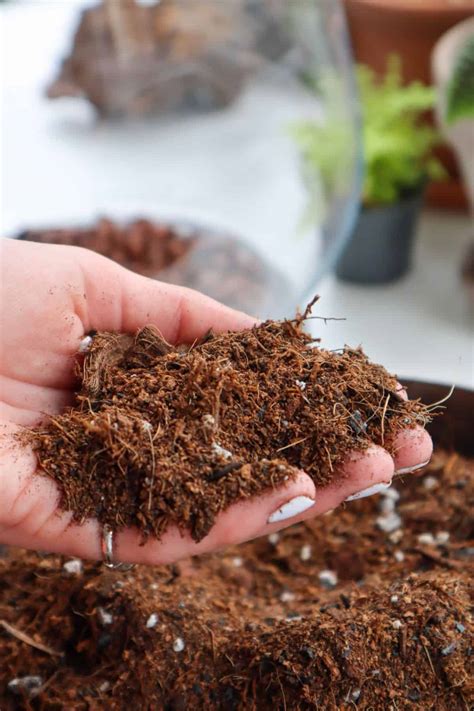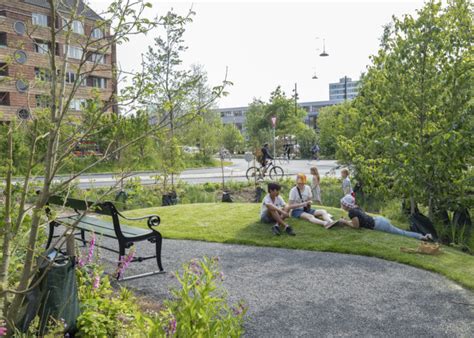Introduction
As the world’s urban population continues to soar, the need for green spaces becomes increasingly crucial. Bird parks and outdoor spaces offer a unique respite from the hustle and bustle of city life, providing opportunities for recreation, relaxation, and environmental education. However, with limited land available in urban areas, there is often a trade-off between preserving these two types of green spaces.

The Value of Bird Parks
Bird parks play a vital role in conservation and research. They provide a safe haven for endangered species, allowing them to thrive and reproduce in a controlled environment. Bird parks also offer educational programs that teach visitors about the importance of birds and their role in the ecosystem.
Environmental Benefits:
- Habitat protection: Bird parks provide a safe habitat for endangered species, helping to prevent their extinction.
- Conservation research: Bird parks enable researchers to study bird behavior and develop conservation strategies for endangered species.
- Environmental education: Bird parks educate visitors about the importance of birds and their role in the ecosystem, fostering a greater appreciation for nature.
Recreational Benefits:
- Observation and photography: Bird parks offer excellent opportunities for birdwatching and photography, allowing visitors to observe a wide variety of species up close.
- Walking and relaxation: Bird parks provide a quiet and serene setting for walking and relaxation, offering a respite from the stresses of urban life.
- Family activities: Bird parks are ideal destinations for families, offering educational and interactive experiences for children and adults alike.
The Significance of Outdoor Spaces
Outdoor spaces, such as parks, gardens, and nature reserves, are essential for urban well-being. They provide a place for people to relax, exercise, and connect with nature. Studies have shown that access to outdoor spaces can improve mental and physical health, reduce stress, and increase social interaction.
Health Benefits:
- Stress reduction: Spending time in outdoor spaces has been shown to reduce stress and improve mental health.
- Physical activity: Outdoor spaces encourage physical activity, promoting overall health and well-being.
- Reduced pollution exposure: Outdoor spaces can help to reduce air pollution and provide shade, creating a healthier environment for urban residents.
Social Benefits:
- Community gathering: Outdoor spaces provide a place for people to gather and socialize, fostering a sense of community belonging.
- Intergenerational connections: Outdoor spaces are enjoyed by people of all ages, creating opportunities for intergenerational connections and learning.
- Outdoor recreation: Outdoor spaces offer a wide range of recreational activities, such as picnics, hiking, and birdwatching, promoting active and healthy lifestyles.
The Dilemma: Balancing Bird Parks and Outdoor Spaces
Given the importance of both bird parks and outdoor spaces, urban planners face a difficult dilemma in allocating limited urban land. The challenges include:
- Competing uses: Land in urban areas is highly valuable and is often in demand for housing, commercial development, and other uses.
- Preservation priorities: Bird parks and outdoor spaces may not be considered a priority in land-use planning, leading to their displacement or reduction in size.
- Public perception: There may be a perception that bird parks are primarily for bird enthusiasts and not the general public, while outdoor spaces are seen as more accessible and inclusive.
Finding Solutions: Coexistence and Compromise
To address these challenges, innovative solutions are needed to ensure the coexistence and sustainability of both bird parks and outdoor spaces in urban areas. These solutions include:
- Multi-use spaces: Creating parks and gardens that incorporate bird exhibits and educational components, offering both opportunities for birdwatching and outdoor recreation.
- Vertical bird parks: Utilizing vertical spaces, such as rooftops and vertical gardens, to create bird parks that minimize land use while providing valuable habitat and educational experiences.
- Community involvement: Involving the community in the planning and management of bird parks and outdoor spaces to ensure that they meet the needs of local residents.
- Conservation easements: Protecting key bird habitats and outdoor spaces through conservation easements, ensuring their long-term preservation amidst urban development.
The Future of Green Spaces in Urban Areas
In the future, bird parks and outdoor spaces will continue to play a vital role in urban life. However, their existence will depend on the ability of urban planners and policymakers to balance conservation needs with the growing demands of city living. By embracing innovative solutions and incorporating green spaces into urban design, we can ensure that future generations have access to the benefits of both bird parks and outdoor spaces.
Tables
Table 1: Benefits of Bird Parks
| Benefit | Category |
|---|---|
| Habitat protection | Environmental |
| Conservation research | Environmental |
| Environmental education | Environmental |
| Observation and photography | Recreational |
| Walking and relaxation | Recreational |
| Family activities | Recreational |
Table 2: Benefits of Outdoor Spaces
| Benefit | Category |
|---|---|
| Stress reduction | Health |
| Physical activity | Health |
| Reduced pollution exposure | Health |
| Community gathering | Social |
| Intergenerational connections | Social |
| Outdoor recreation | Social |
Table 3: Challenges in Balancing Bird Parks and Outdoor Spaces
| Challenge | Description |
|---|---|
| Competing uses | Land in urban areas is in high demand for various uses. |
| Preservation priorities | Bird parks and outdoor spaces may not be prioritized in land-use planning. |
| Public perception | Bird parks may be perceived as niche, while outdoor spaces are seen as more accessible. |
Table 4: Solutions for Coexistence
| Solution | Description |
|---|---|
| Multi-use spaces | Parks and gardens that incorporate bird exhibits and educational components. |
| Vertical bird parks | Bird parks built vertically on rooftops and vertical gardens. |
| Community involvement | Engaging the community in the planning and management of green spaces. |
| Conservation easements | Protecting key bird habitats and outdoor spaces through conservation easements. |





















